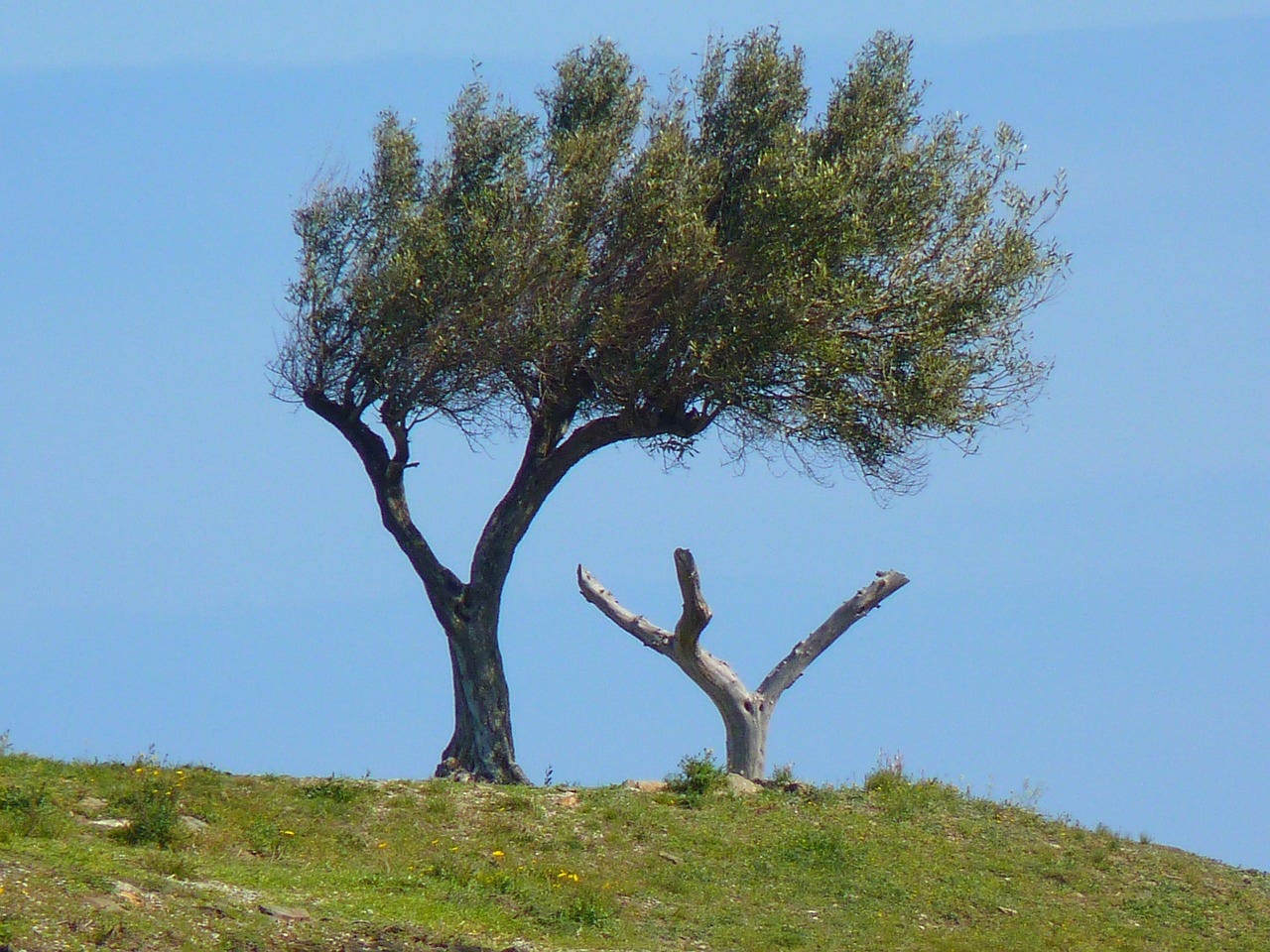Dear friends,
I’m writing off-schedule because the world continues to astonish me. The distinctly human capacity for violence and cruelty overwhelms me. While we train our eyes on the devastation in Gaza and Israel, I also remind myself that war continues to rage in Ukraine and Sudan, for instance. In my last newsletter, I noted:
“…so many of our global instances of inequality, territorial strife, military and political dominance and dependencies are the direct result of colonial histories.”
Given that, silence is not an option. I’m writing now, not because I know. Rather, I am writing now in an attempt at learning, at doing better, at resisting the comfort of ignorance trying to pass itself off as innocence. Bending The Arc as a project is concerned with justice; with repair and recovery; with better, more nuanced understanding. As we grieve and mourn the dramatic loss of lives in Israel and Gaza, I want to offer a few sources of information and analysis that have helped me make sense of the unfolding escalation in the region.
If I had to recommend a single reading, I would ask folks to spend time with all 3135 words of Judith Butler’s essay, “The Compass of Mourning,” just published in the London Review of Books. In it, they argue in favor of deeper thought processes that follow our clear moral condemnation of violent acts.
“What if our morality and our politics did not end with the act of condemnation? What if we insisted on asking what form of life would release the region from violence such as this? What if, in addition to condemning wanton crimes, we wanted to create a future in which violence of this sort came to an end?
…
“It need not threaten our moral positions to take some time to learn about the history of colonial violence and to examine the language, narratives and frameworks now operating to report and explain – and interpret in advance – what is happening in this region. That kind of knowledge is critical, but not for the purposes of rationalising existing violence or authorising further violence. Its aim is to furnish a truer understanding of the situation than an uncontested framing of the present alone can provide.”
This essay offers me some solid ground on which I can begin to maneuver. It helps explain my search for contextual information. I need not remain at the mercy of my limited understanding. I appreciate both the clarity and complexity offered. Butler encourages readers to meet the cognitive and ethical demands of the moment by thinking beyond what we receive through mainstream media and the immediate carnage: “to furnish a truer understanding of the situation than an uncontested framing of the present alone can provide.”
Further outlets, authors and articles that I have found helpful include:
+972 Magazine: “+972 Magazine is an independent, online, nonprofit magazine run by a group of Palestinian and Israeli journalists. Founded in 2010, our mission is to provide in-depth reporting, analysis, and opinions from the ground in Israel-Palestine. The name of the site is derived from the telephone country code that can be used to dial throughout Israel-Palestine.”
Anya Kamenetz provides resources for folks of all ages, particularly for families with children at home for processing the news and also ways to support people in the region.
Rabbi Danya Ruttenberg at Life As A Sacred Text shares a range of thoughts aimed at nurturing our collective humanity while still acknowledging the extremes of harm occurring in Gaza and Israel.
Dr Sawsan Jaber, Palestinian-American educator, offered “A Call to Action,” a post she wrote in May 2021 that resonates today as strongly. “I hope this piece pierces the consciousness of those who read it and if nothing more, prompts you to share it with others to raise awareness. Marginalized groups must recognize the interconnectedness and intersections between their experiences and causes and unite to end the same systems that enable and feed injustices and oppression everywhere.”
Kelly M. Hayes has been an incredibly thoughtful curator of reliable news and analysis. Her posts have been instrumental in locating voices from the region that I otherwise would not have heard.
Again, please accept these links as possibilities for listening, learning, processing. Bear in mind that genuine humility is rarely misplaced. Let us care for each other as best we can.
Be well,
Sherri



As always, Sherri, but especially now, I appreciate your careful language and your curiosity about growing toward social justice. This list of resources is invaluable. Thank you.